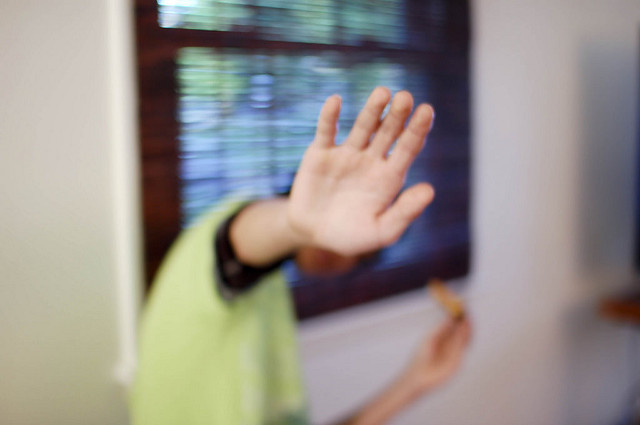I read this beautiful piece by Kevin Ashton called Creative People Say No. The gist of which can be summed below:
Saying “no” has more creative power than ideas, insights and talent combined. No guards time, the thread from which we weave our creations. The math of time is simple: you have less than you think and need more than you know. We are not taught to say “no.” We are taught not to say “no.” “No” is rude. “No” is a rebuff, a rebuttal, a minor act of verbal violence. “No” is for drugs and strangers with candy.
Creators do not ask how much time something takes but how much creation it costs. This interview, this letter, this trip to the movies, this dinner with friends, this party, this last day of summer. How much less will I create unless I say “no?” A sketch? A stanza? A paragraph? An experiment? Twenty lines of code? The answer is always the same: “yes” makes less. We do not have enough time as it is. There are groceries to buy, gas tanks to fill, families to love and day jobs to do.
It’s elegant in theory. Some caveats in application in Hollywood and entertainment:
- As Derek Sivers put it, Los Angelinos are some of the most optimistic people in the world, who want to say “yes” to everything. Thus, on one hand you could argue LA is the worst place in the world to be creative. Paradoxically, many great creators call Los Angeles home and Hollywood their place of work.
- Unlike some examples Ashton cited, film is a medium that requires collaboration – a lot of it. It isn’t created by a writer, or a director, or a props master, or a best boy, in a vacuum. It requires all. Simultaneously. Collaboration, in turn, requires relationships, and relationships are built on yes’s.
- Saying “yes” connects you to new people, who bring new ideas. New ideas, or inspiration, are the lifeblood of creativity. When it’s time to work, and time for new ideas to coalesce with old ideas, then saying “no” is crucial.
- A creative life requires space. Which means not cramming your calendar with as many lunches and drinks as possible, as is the expectation of the majority of Hollywood’s acolytes. There’s an opportunity cost to relationships, and being creative requires evaluating, on a case-by-case basis, where to say “no.”
Before we trumpet the “no” in the name of creativity, it’s important to point out: Ashton’s examples were all masters. At some undefined point, maybe after 10,000 hours or 1,000 true fans, they earned the right to say “no.” Until anyone exceeds that point, a blanket “no” seems like a very simplistic view.
Photo Credit: Steve Tran
